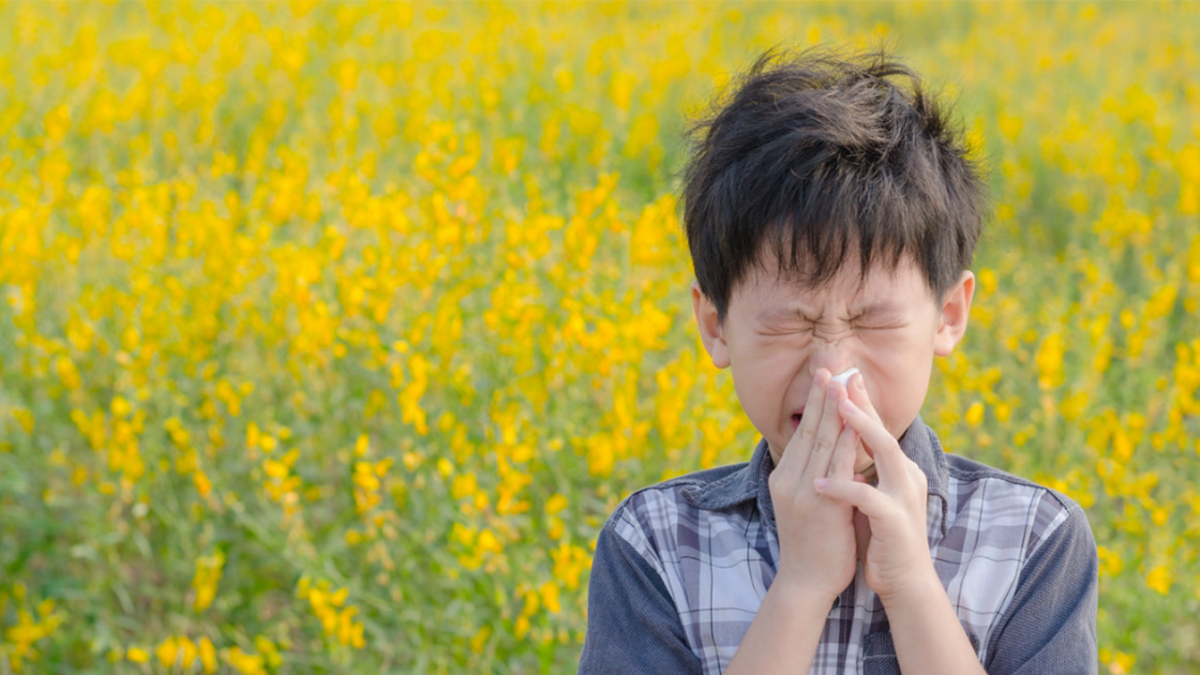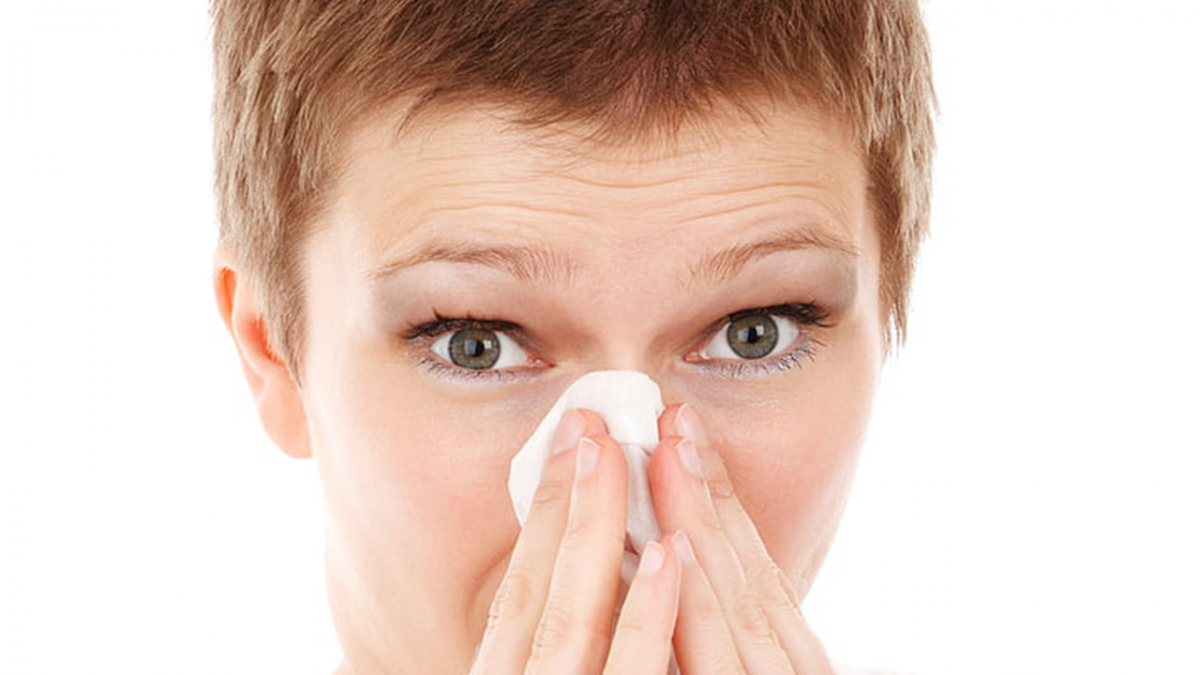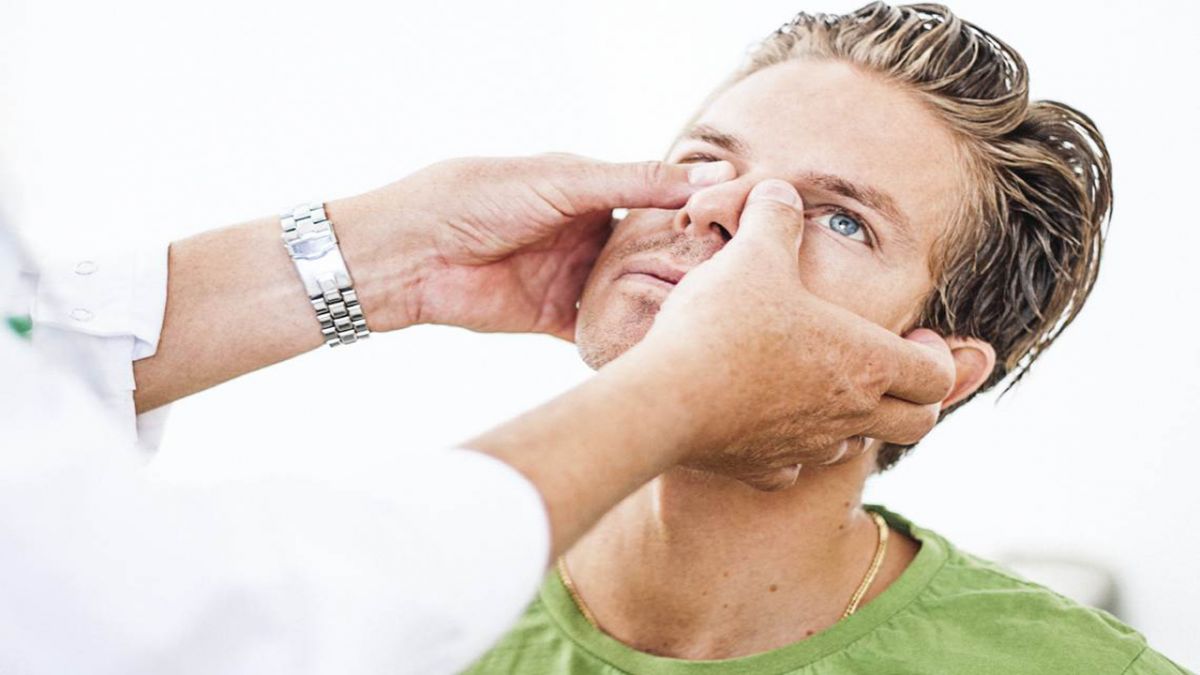Advertisement
Seasonal allergic rhinitis, often referred to as hay fever, is a common condition that affects millions of people worldwide, particularly during specific times of the year. This condition is triggered by allergens such as pollen from trees, grasses, and weeds, which are more prevalent during spring, summer, and early autumn. The immune system of individuals with seasonal allergic rhinitis mistakenly identifies these allergens as harmful, prompting the body to release histamine and other chemicals. These substances cause inflammation and irritation in the nasal passages, leading to a variety of symptoms. Common symptoms include sneezing, a runny or blocked nose, itchy eyes, throat irritation, and sometimes coughing. In some individuals, seasonal allergic rhinitis can also cause fatigue, headaches, and a general feeling of malaise, as the body expends energy combating the perceived threat of allergens.

The severity of seasonal allergic rhinitis can vary widely from person to person. While some individuals may experience only mild discomfort, others may find that their daily activities and quality of life are significantly impacted. Factors such as geographic location, weather conditions, and the type and amount of pollen in the air can influence the severity of symptoms. For example, people living in areas with high pollen counts or specific vegetation that releases large quantities of pollen are more likely to experience intense symptoms. Additionally, windy days can exacerbate the situation by spreading pollen more widely, whereas rainy days often provide relief as the rain washes pollen out of the air.
Preventing and managing seasonal allergic rhinitis involves a combination of strategies aimed at reducing exposure to allergens and controlling symptoms. One of the most effective ways to prevent allergic reactions is to monitor local pollen forecasts and limit outdoor activities when pollen levels are high. Keeping windows and doors closed during peak pollen seasons can also help reduce the amount of pollen entering the home. Using air purifiers with HEPA filters and maintaining a clean indoor environment by vacuuming regularly and washing bedding in hot water can further minimize allergen exposure. For those who need to spend time outdoors, wearing sunglasses can protect the eyes from pollen, and changing clothes and showering after coming indoors can help remove pollen from the skin and hair.
Medications are another important component of managing seasonal allergic rhinitis. Antihistamines are commonly used to relieve symptoms such as sneezing, runny nose, and itching by blocking the effects of histamine. These medications are available in various forms, including oral tablets, nasal sprays, and eye drops. Decongestants can help reduce nasal congestion by shrinking swollen blood vessels in the nasal passages, although they should not be used for extended periods due to the risk of rebound congestion. Nasal corticosteroids are highly effective in reducing inflammation and are often recommended for individuals with moderate to severe symptoms. For those who do not respond well to over-the-counter treatments, allergen immunotherapy, commonly known as allergy shots, may be considered. This long-term treatment involves gradually exposing the individual to increasing amounts of the allergen, helping to desensitize the immune system over time.

In addition to medical treatments, lifestyle adjustments and natural remedies can play a supportive role in managing seasonal allergic rhinitis. Staying hydrated can help thin mucus and relieve nasal congestion, while using saline nasal sprays or rinses can help flush out allergens and soothe irritated nasal passages. Consuming foods rich in antioxidants and anti-inflammatory properties, such as fruits, vegetables, and omega-3 fatty acids, may also support overall immune health. For individuals seeking alternative therapies, acupuncture has been suggested to provide relief for some people with allergic rhinitis, although scientific evidence on its effectiveness is still limited.
Education and awareness about seasonal allergic rhinitis are essential for effective management. Understanding one’s specific triggers and learning how to avoid them can significantly reduce the frequency and severity of symptoms. It is also important to recognize the potential for seasonal allergic rhinitis to worsen over time if left untreated, as chronic inflammation can lead to complications such as sinus infections, nasal polyps, and even asthma in some cases. Consulting with a healthcare professional to develop a personalized treatment plan is highly recommended, especially for individuals with persistent or severe symptoms.
In conclusion, seasonal allergic rhinitis is a widespread condition that can disrupt daily life and cause significant discomfort, particularly during peak allergy seasons. By taking proactive steps to minimize exposure to allergens, utilizing appropriate medical treatments, and adopting supportive lifestyle practices, individuals can effectively manage their symptoms and maintain a good quality of life. While there is currently no cure for seasonal allergic rhinitis, ongoing research and advancements in treatment options continue to offer hope for improved management and relief in the future.
Advertisement




